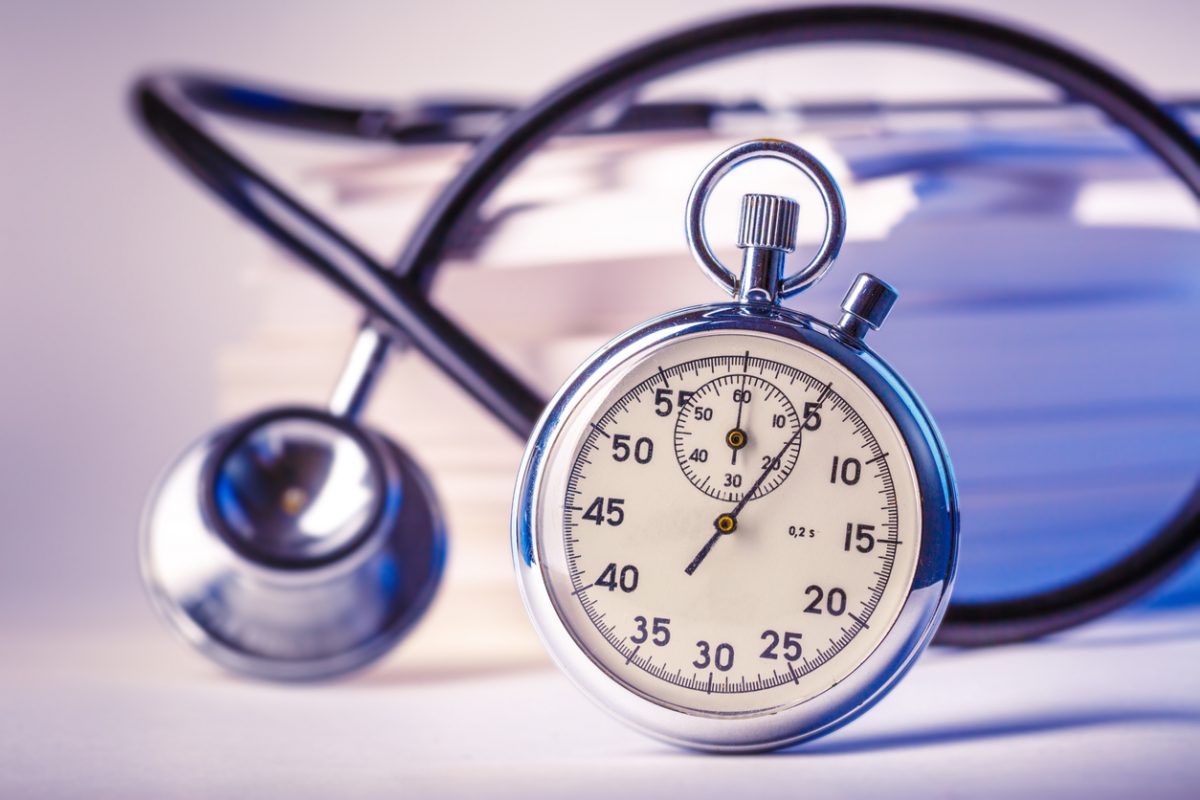Find more articles on this and other psychiatry and CNS topics:
The Journal of Clinical Psychiatry
The Primary Care Companion for CNS Disorders
Article Abstract
College students have greater independence, autonomy, and academic expectations than children and adolescents. Combined with the minimal structure and supervision provided on campus, the temptations and challenges of this transitional phase can exacerbate symptoms of undiagnosed attention-deficit/hyperactivity disorder (ADHD) and lead to poor academic performance, social difficulties and interpersonal conflicts, financial problems, and substance use. Recognition by college personnel and proper evaluation and consistent follow-up by clinicians can help college students with ADHD get the treatment that they need in order to thrive in an academic setting.
Author Affiliations

References (1)

Save
Cite


